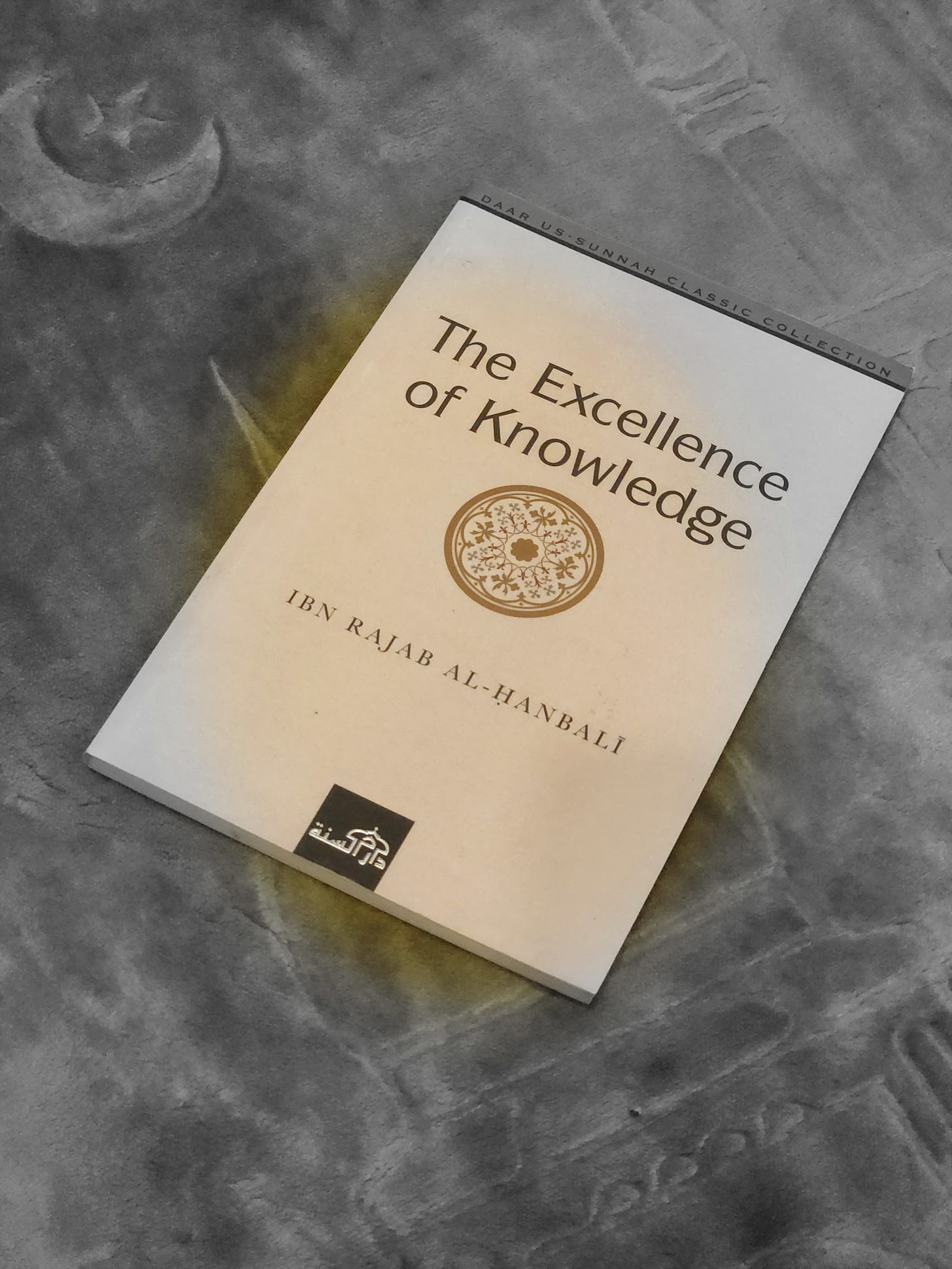In the name of Allah, the entirely Merciful, the Especially Merciful
وَزَكَرِيّا إِذ نادىٰ رَبَّهُ رَبِّ لا تَذَرنى فَردًا وَأَنتَ خَيرُ الوٰرِثينَ
And [mention] Zechariah, when he called to his Lord, "My Lord, do not leave me alone [with no heir], while you are the best of inheritors." Surah Anbiya (21:89)
There is something deeply human about longing. When we desire something it settles in our hearts, and becomes part of our silent prayers.
There are moments in life when we feel like time is slipping away, when we long to leave behind something meaningful, something that lasts beyond us. Prophet Zakariyya (AS) stood in such a moment, an old man with whitening hair, his wife barren, the doors of worldly possibility seemingly closed. And yet, he turned to Allah ﷻ, calling out with a heart full of longing, with hope and surrender.
He was old. His wife was barren. By all worldly measures, his time had passed. Yet he called upon Allah ﷻ anyway. And therein lies the first lesson of calling on to your Lord, you have the audacity to hope in Allah’s power, even when all worldly avenues are closed and with a trust that extends beyond the outcome, resting in the One who holds all things.
A heart that is near Allah does not measure His possibility by earthly limitations.
Zakariyya’s (AS) dua was not just about seeking a child, but a legacy of righteousness. He longed for someone to continue the path of worship, to inherit not wealth but faith. Yet, even in his longing, he acknowledged that if no heir was written for him, then Allah ﷻ is the ultimate inheritor of all things.
Al-Wārith, because nothing is truly lost with Allah. Everything we own, everything we build, everyone we love, eventually, it all returns to Him. And in that return, there is no loss, only preservation.
Now see how the perspective shifts, our efforts are not about what we can clutch onto in this world, but about what will remain in the sight of Allah.
There is a quiet comfort in knowing that no matter what we feel we lack, whether it is companionship, wealth, knowledge, or a lasting impact, we are never truly alone. Allah ﷻ is Al-Wārith, the One who remains, the One who carries forth all that is good.
If we have no heirs, our deeds remain with Him.
If we have no wealth, our trust in Him is our provision.
If we have no audience, He sees and hears us.
In a world where we often measure worth by what we leave behind, this Name teaches us that our greatest legacy is not in possessions or people, but in the nearness we cultivate with Allah.
Ya Allah, al-Warith, grant me deeds that outlive me, knowledge that benefits others, and righteous offspring who remember You and obey you. Ya Kareem, Grant me contentment with Your decision and certainty in Your wisdom.
If you would like to reflect on least one ayah daily this blessed month, then go ahead and get your copy of Fajr Thoughts. It contains a summary of each juz, an ayah or passage from each juz, some notes from tafasir and then some questions to get you started on your reflections.




